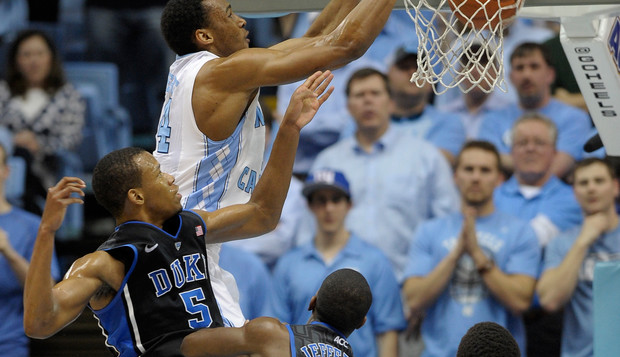Pay Coaches for Grades, Not Final Fours

By Bloomberg View Editorial Staff
Special Report
College Sports Journal
(Reprinted by special permission from Bloomberg View. The original article can be accessed here.)
NEW YORK, NY. — At many American colleges and universities, the relationship between athletics and academics needs to be rebalanced.
Over the weekend, as fans were watching their March Madness brackets explode, U.S. Secretary of Education Arne Duncan again offered a modest but useful proposal toward that end: Align compensation for coaches and athletic directors with their teams’ academic performance.
Coaches care about winning. That’s their job. Yet they also share some responsibility for the education of their players, many of whom would never have made it past the admissions office but for the coach’s decision to extend a scholarship offer.
Only a tiny percentage of student-athletes — fewer than 2 percent of basketball and football players – go on to play professionally, including the smaller subset that makes the rational economic decision to leave school early to pursue a pro career.
When so many of the rest drop out of school, often after their dreams of athletic glory end badly, charges of exploitation gain credence.
The schools that take this issue seriously — quite a few have graduation rates of 100 percent — are unfairly tarnished by association.
Some coaches place an emphasis on academics. Many don’t. During the 16 years that Bob Huggins spent as head basketball coach at the University of Cincinnati, only 28 percent of his players graduated.
A recent NCAA report found that in more than 40 Division I basketball programs, 50 percent of the players failed to graduate.
Under rules adopted by the NCAA in 2011, schools that fall below the 50 percent mark can lose scholarships, practice time and postseason eligibility — all highly important to coaches and their employers.
The rules have led to small improvements in overall graduation rates.
Raising the graduation threshold for sanctions to 60 percent — still a low bar, given that the average for Division I schools is 82 percent — would be a good idea.
But if we expect coaches to make academics a priority, that expectation should be reflected in their contracts.
The NCAA could require that any bonuses for athletic achievements — such as winning a conference title or reaching postseason play — be contingent on, or weighted equally with, academic achievement.
The NCAA could also require schools to make a percentage of a coach’s salary contingent on achieving a minimum graduation threshold.
Yes, schools can find end runs around such requirements, lowering standards that are already at rock bottom for student-athletes at many schools, as the cheating scandal at the University of North Carolina shows.
But on balance the threat of NCAA sanctions will continue to provide a powerful incentive for schools to police their athletic programs.
Coaches should not be begrudged what the market will pay them, but remember that colleges and universities are heavily subsidized by taxpayers.
In recent years, coaches’ compensation has helped drive up spending on athletics at a rate almost five times faster than spending on academics.
That would be fine, if the coaches were generating revenue for their schools. But most aren’t.
A 2013 study found that athletic departments at just 23 of 228 Division I public schools bring in enough revenue to break even — with students’ fees often helping to make up the difference.
The students who are footing the bill — and the taxpayers who are underwriting them through subsidies and financial aid — deserve a better return on their investment.
Schools with histories of athletes performing at high levels inside and outside of the classroom – such as Duke, Notre Dame and Stanford – should not wait for the NCAA to act. They should begin incorporating academic performance into all athletic department contracts now.
To contact the senior editor responsible for Bloomberg View’s editorials: David Shipley at davidshipley@bloomberg.net.
